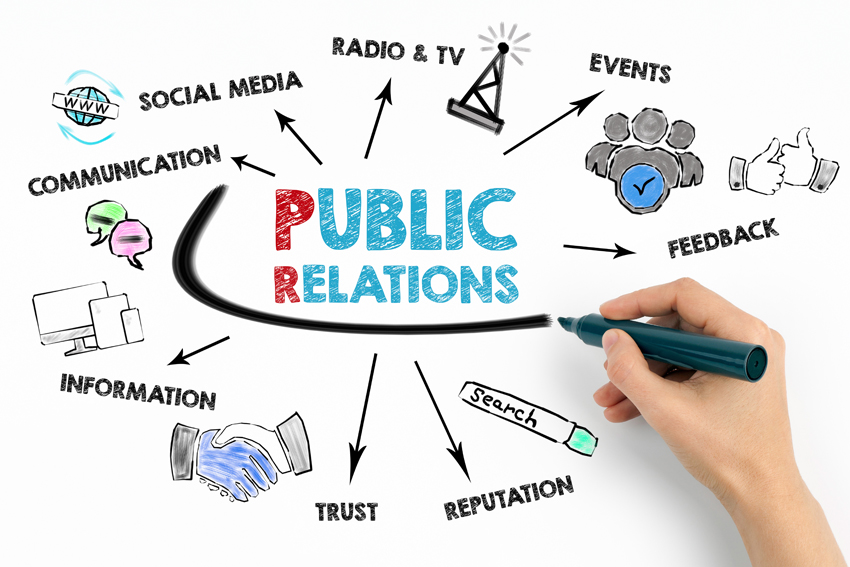Irreparable harm and the quest for trademark injunctive relief
 The recently enacted Trademark Modernization Act will help trademark owners enforce and preserve their rights against infringement. Remedies for infringement of a trademark includes monetary damages to compensate the mark’s owner for its pecuniary loss, including recovery of the infringer’s profits, and the owner’s damages.
The recently enacted Trademark Modernization Act will help trademark owners enforce and preserve their rights against infringement. Remedies for infringement of a trademark includes monetary damages to compensate the mark’s owner for its pecuniary loss, including recovery of the infringer’s profits, and the owner’s damages.
Although the stakes are high, these recoveries cannot occur until trial of the case, and sometimes, with judgment in hand, the owner has to run the infringer to ground in order to recover a monetary award. Absent injunctive relief, sometimes an infringer will not stop its sales and promotion. If the infringer’s activities are not stopped prior to trial, the damage to the owner’s goodwill, and deception of consumers due to the infringer’s actions, has likely occurred.
A pretrial, preliminary injunction, can be an essential remedy to prevent harm to the mark’s owner caused by the infringer creating confusion in the market, usually as to source of goods. Consider the harm caused by the sale of inferior goods bearing a mark a bit too similar to a mark relied on by consumers when they select products.
The Supreme Court has observed that a “preliminary injunction is an extraordinary remedy never awarded as a right.” In order to obtain a preliminary injunction the mark’s owner must establish it is likely to win at trial, that is it must be prepared to prove it has a valid and protectable mark and that defendant has likely infringed its mark.
As well, the owner must establish that it will suffer irreparable harm if the court does not step in and stop the defendant from using the complained-of mark. There are other factors to establish as well, but often irreparable harm is the most difficult and failure to proffer evidence of actual harm to goodwill, or reputation, for example, could dash the owner’s efforts to obtain relief.
Because the grant of preliminary injunction relief prior to trial might end the litigation, getting it is crucial, but it’s not often assured. The Supreme Court in 2006 ruled a patent plaintiff seeking permanent injunctive relief must establish irreparable harm; that irreparable harm will not be presumed.
Two years later the Supreme Court held a party seeking preliminary injunctive relief must establish irreparable harm. Soon after courts began applying that requirement to injunctions sought in copyright actions and some courts, although not all, applied it to trademark infringement actions.
However, in trademark cases the deceived consumer as well as the mark’s owner is harmed by the infringement. In a trademark case, whether an owner had to prove irreparable harm or not was dependent on the court in which the case was filed, and it was always a good idea to be prepared to establish irreparable harm and not rely on a presumption.
That brings us to the Trademark Modernization Act of 2020, which became effective in December 2021. The act restores the pre-2006 presumption of irreparable harm in a trademark infringement case, settling what had become a split among the circuits, if the owner is able to show a likelihood of success on the merits.
However, the presumption is rebuttable, so the owner should not only be prepared to make a showing it is likely to establish infringement of a valid and protectable mark but also the nature of the irreparable harm it will suffer, such as harm to goodwill or reputation.
Jim Astrachan is a partner at Goodell, DeVries, Leech & Dann, LLP and has taught trademark and unfair competition law since 2001 at the University of Maryland Francis King Carey School of Law and the University of Baltimore School of Law.
Share this story, choose a platform
Brought to you by BridgeTower Media
Free Weekly Newsletter
Recommended content
Public Relations: The role of good PR in bolstering a law firm’s positive public image
Public Relations: The role of good PR in bolstering a law firm’s positive public image By Ellen M. Keiley An [...]
Avoiding ‘deep work’ with tasks masquerading as productivity
Every lawyer indulges in a little fake productivity. Here are suggestions on how to also inject real practice-expanding activities into [...]
Should we restrict the use of AI in law school?
There are ways that AI can help students learn new law and develop legal writing skills without being misused. Read [...]
How to find your inner thought leader
Ideas for lawyers who want to make their knowledge and unique perspective stand out in a competitive profession. Read more [...]





